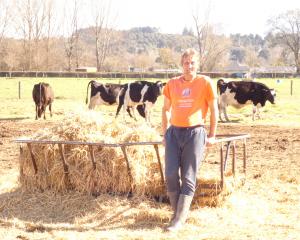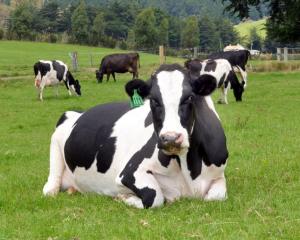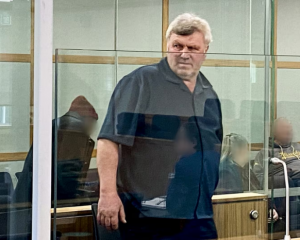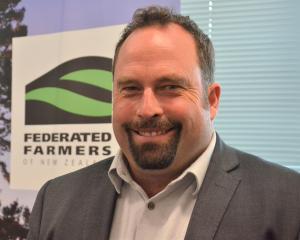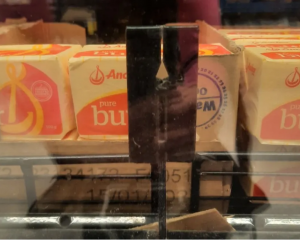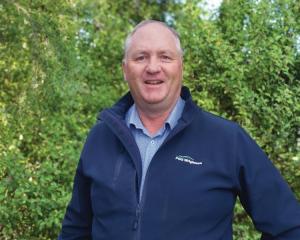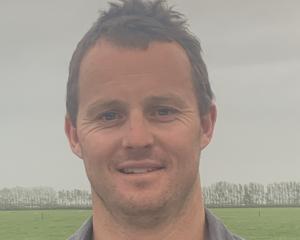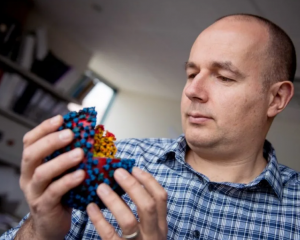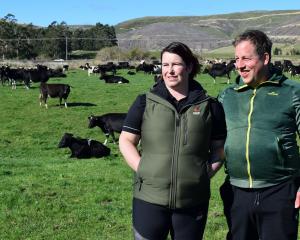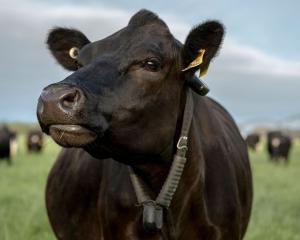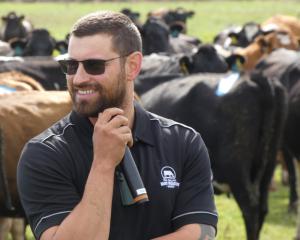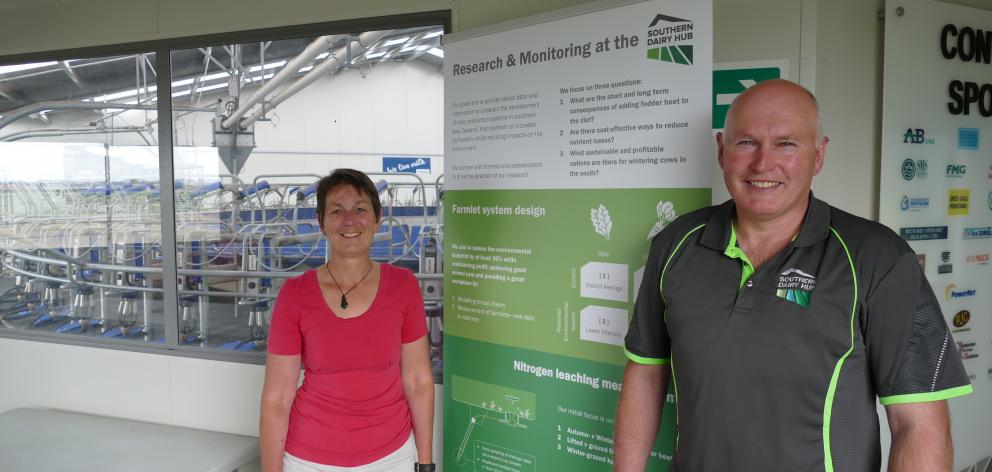
Hub business manager Guy Michaels said scientists will present a progress report on N leaching loss from the 2018 winter period, as well looking at feed quality with particular emphasis on N, including from the crop in winter 2018.
Other topics will include blood urea N results from winter feeding trial, soil mineral N results and crop N applications and a look at the autumn and winter plan, and how winter grazing would be implemented on farm, taking into account environmental considerations.
‘‘It’s good to be able to present some information and data from our farming systems, but we are still in the early stages of our research,’’ Mr Michaels said. ‘‘Farmers are impatient for results, which is a good thing, but it does put pressure on us.’’
The project is running four different farming systems within its 350ha property, with two herds on kale regimes and two on kale crops.
DairyNZ senior scientist Dawn Dalley, who leads the scientific programme at the Hub, said its been a challenging year in terms of productivity after a very good season in the South.
‘‘Our decision to reduce our nitrogen losses with lower impact herds has had some effect on production, but we expect that this will improve over time as we learn more and the farms adapt to the different regimes,’’ she said. ‘‘Also over time the animals grow into the system.’’
Mr Michaels said that it can take four or five years for pastures to adapt when there has been a dairy conversion.
‘‘We’ve also found some issues with the soil structure on parts of the farm and we’re moving to address this,’’ he said.
‘‘We’re still delighted with the progress we are making.’’
He said the big thing about the project was that it was a chance to test different farming systems at a scale not usually available.
‘‘When we started we undertook a lot of discussion with farmers to determine what they want.
‘‘We settled on wintering systems, fodder beet crops and nutrient loss reduction, and these continue to be our area of focus.’’
He said that while the goal was to run the farm as a commercial operation, there was still the challenge to weave the research activity into everyday operations.
‘‘But it’s good to remember that one of the purposes of the Hub is to takes risks on behalf of the industry and to test and experiment at a level that would not be available to individual farmers.’’
He said the scale of the research was among the largest being carried out anywhere in the world.
‘‘What we want to achieve is to demonstrate how we can develop future farming systems for Southland and beyond which address both productivity and the needs of the environment.’’


